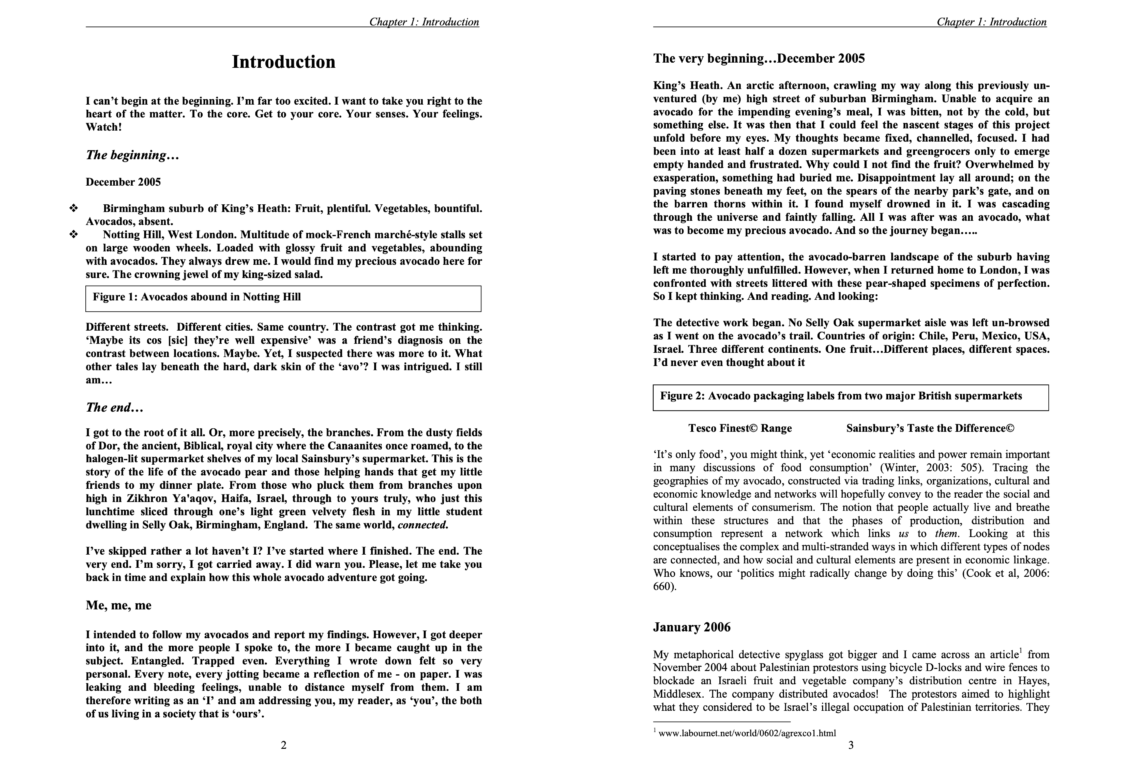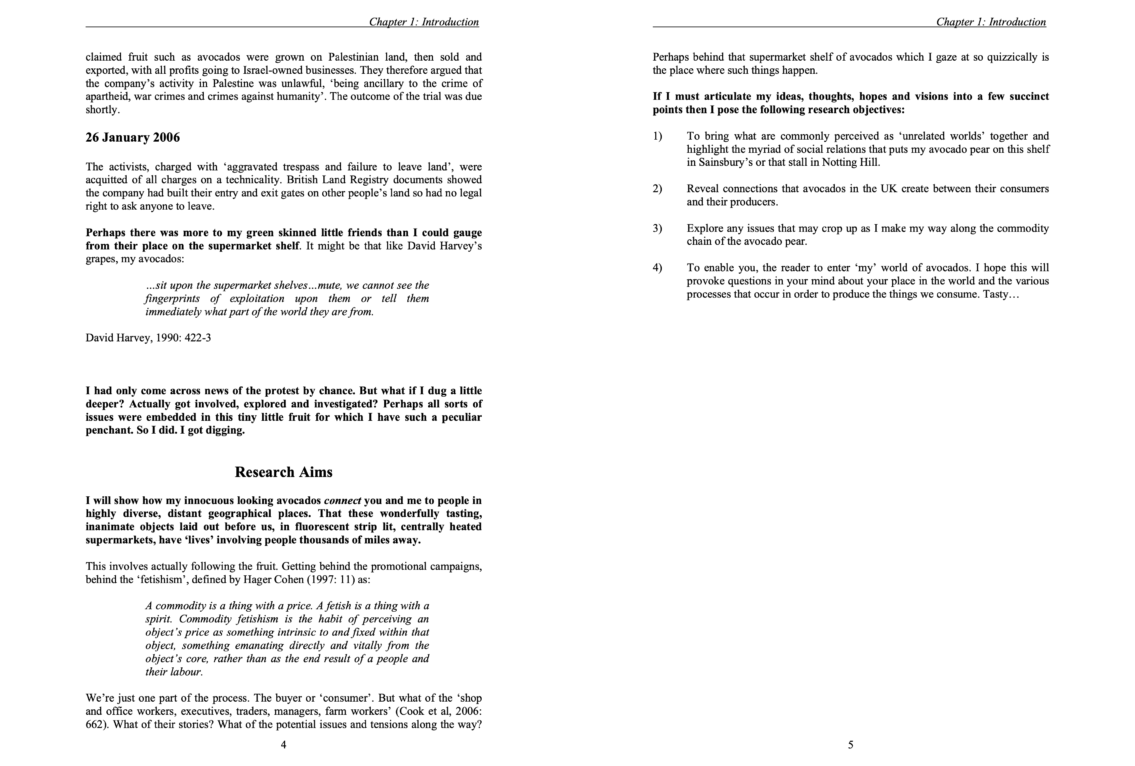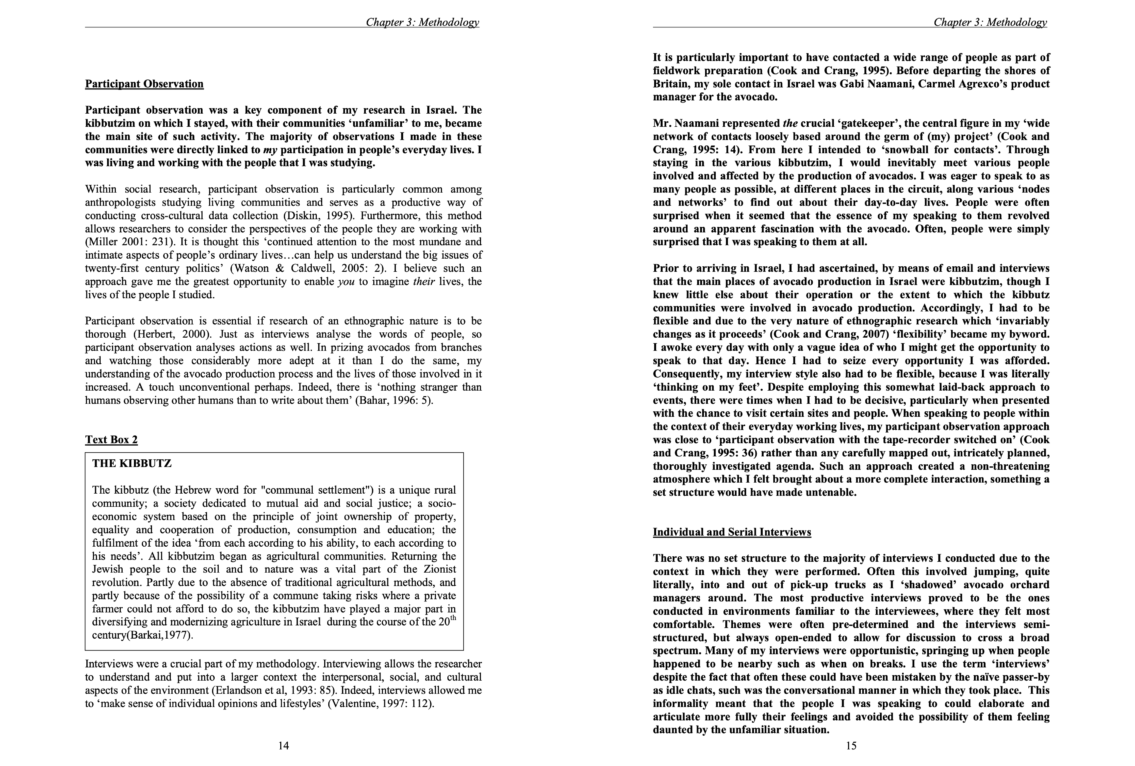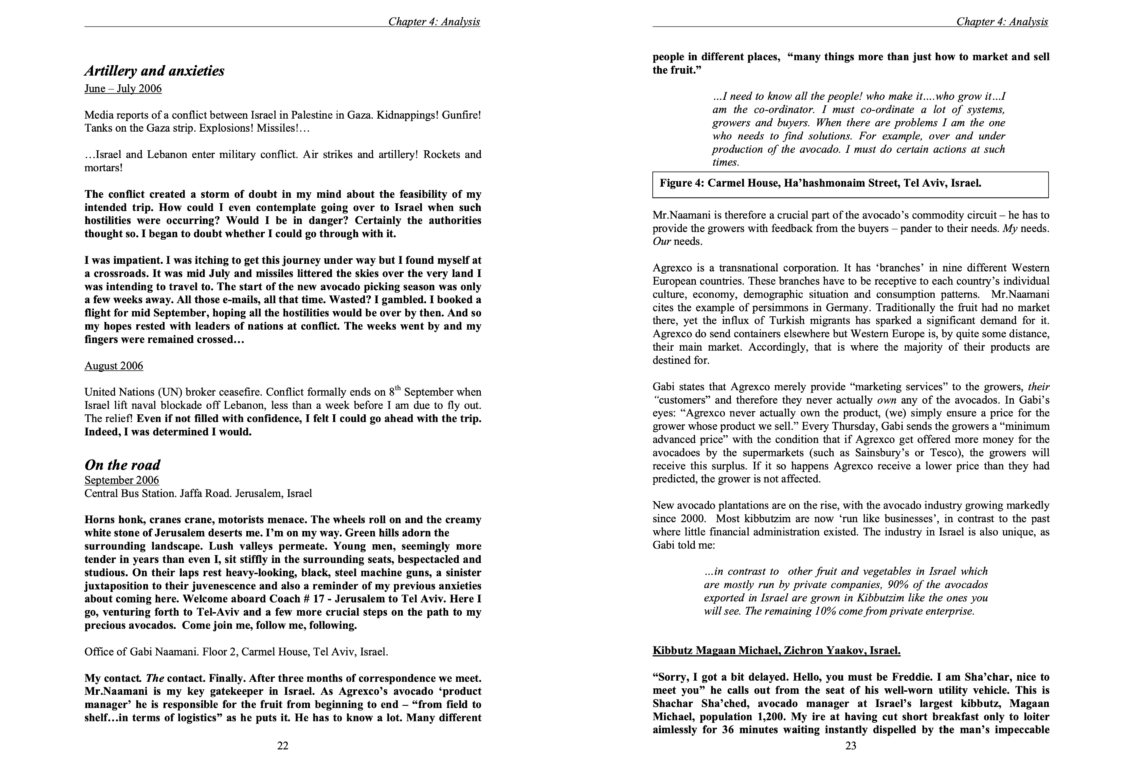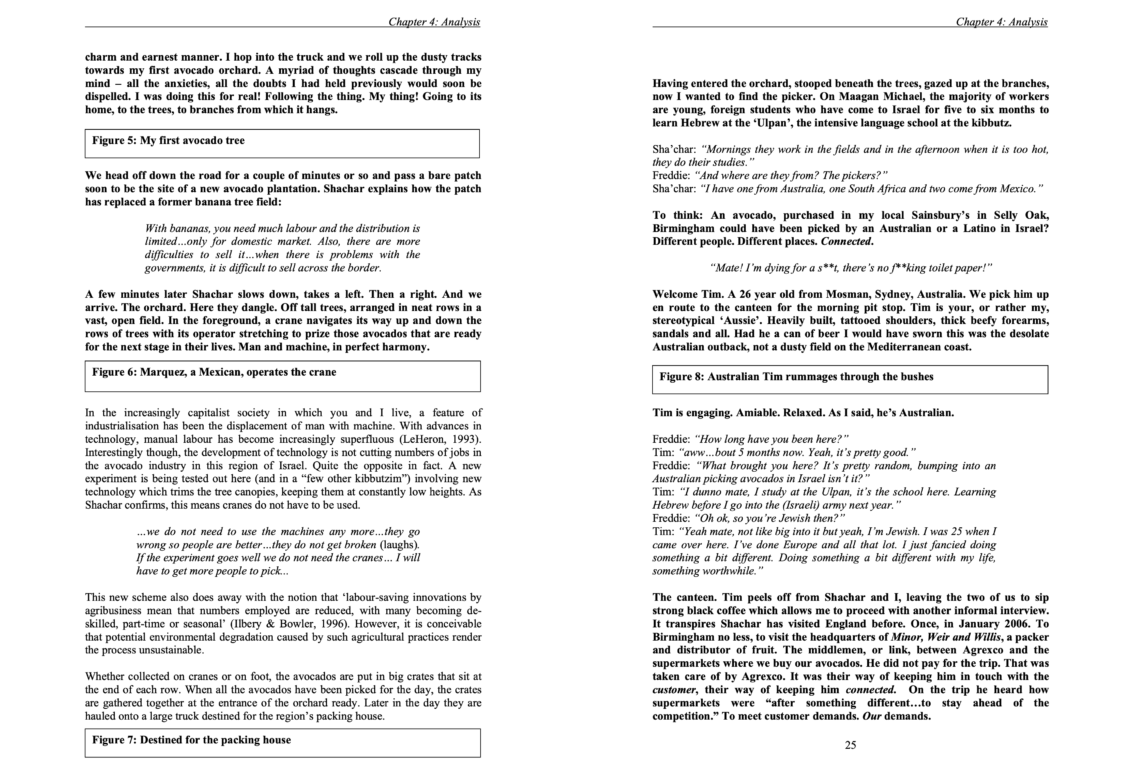
followthethings.com
Security
“Teleshopping AK-47“
A spoof teleshopping channel promotion directed by Dougal Wilson and post-produced by MPC for Mother, commissioned by Amnesty International.
Full video embedded above. Search online for versions with other titles here.
Amnesty International is trying to get 1 million people involved in their campaign to tighten loopholes in international arms trade legislation. To demonstrate how easy it is to buy weapons like AK-47 assault rifles, how cheap they are, and how they end up being used in armed conflicts (often involving child soldiers), they commission some culture jamming. Its a short video that imagines that these weapons can be sold by cheery presenters on TV shopping channel’s chintzy pastel-coloured set, just like ice-cream makers and his ‘n’ hers dressing gowns. They’re perfect for child soldiers, the presenters say, like those in Liberia and the Democratic Republic of the Congo. They give one to a child to demonstrate on set, who cheerfully shoots a mannequin to pieces. Amnesty commission this darkly comedic, camp and chilling 135 second film to show in cinemas, alongside the real ads. They publish it on YouTube. Later, it’s included as an extra on the DVD of Nicholas Cage’s Hollywood arms trade blockbuster Lord of War [see our page on its Life of a bullet opening credits here]. Amnesty can’t advertise on UK TV because they’re a political organisation. And the use of pastiche / parody / humour is a novel approach in human rights campaigning in 2006. But Amnesty really go for it. On top of the cinema ad, there’s a viral email campaign, spoof arms shopping catalogues are delivered through people’s doors, and pop-up high street weapons shops open around the UK with live shooting demonstrations. Commenters are shocked by this disgusting, deeply sinister but informative campaign. One says these weapons are beautiful and every American should have one. Another pretends to agree, saying that guns don’t kill people, people do and, if guns were taken away, people could just as easily kill eachother with knives or rubber ducks. Some say humour is inappropriate for such a serious topic. Others say the ad and the catalogue is so light, so beautifully done, so plausible, that it’s perfect for generating conversations about the international arms trade and its (lack of) regulation.
Page reference: Daisy Livingston (2025) Teleshopping AK-47. followthethings.com/teleshopping-ak-47.shtml (last accessed <insert date here>)
Estimated reading time: 34 minutes.
Continue reading Teleshopping AK-47 ![]()


